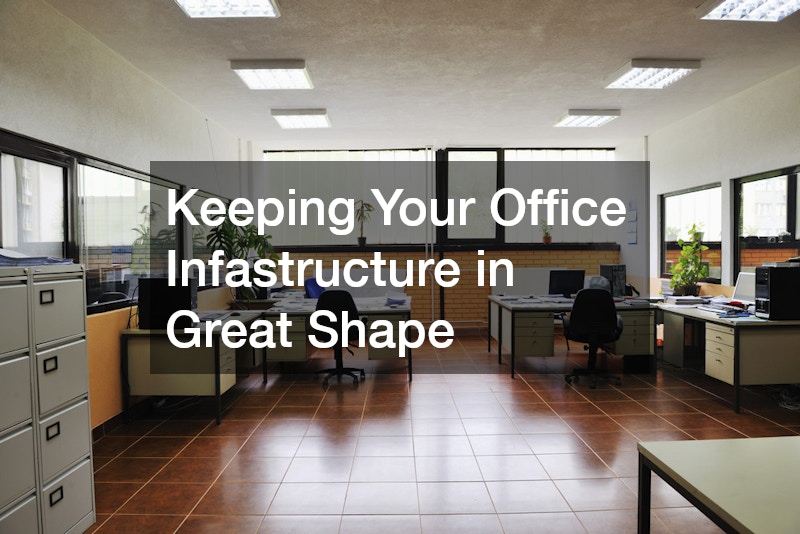
Die casting can be of immense benefit to industries that rely on metal components. It’s a process that can be useful in a variety of fields and the results are long-lasting and cost-effective. The die casting process is extremely versatile as well, meaning that a number of different metal alloys can be used to create the final product. But how do you know which metal alloys will work best for your requirements? Let’s take a closer look at the properties of two of the most popular options out there: zinc die casting and aluminum die casting.
All About Aluminum Die Casting
- It’s popular: Aluminum is known as the most commonly used alloy in die casting due to its affordability and versatility. Components made from die cast aluminum can be found in everything from electronics to cars.
- It’s lightweight and durable: Aluminum alloys aren’t as heavy as other options, which can be in advantage in many situations, including the fact that they’re easier to manipulate by machine. They’re also resistant to corrosion and can retain their strength even at high temperatures.
- It’s typically used with other materials: With pure aluminum, there’s a risk of shrinkage and hot cracking during the die casting process. That’s why it’s often combined (or alloyed) with other materials like copper, silicon, or magnesium. For example, adding silicon makes the alloy more fluid and elastic while reducing the likelihood that it will shrink or expand. Copper is often added to make the alloy more resistant to corrosion and make it much stronger for mechanical implementation.
All About Zinc Die Casting
- It’s easier to cast: Zinc die casting suppliers will be quick to point out the fact that because zinc has a lower melting temperature than aluminum, it requires less pressure during the die casting process. This actually makes it a more cost-effective option, particularly for larger-scale projects.
- It creates longer-lasting products: Because zinc is easier to cast, this actually results in a longer lifespan for the tools created from this process. In fact, a tool made from die casting zinc can last for ten times longer than a tool made from aluminum dies. When you don’t have to replace tools frequently over time, you’ll save both money and frustration in the long run.
- It’s ideal for decorated components: If you require a tool with intricate detailing, a zinc die casting supplier should be your go-to. This is also the case if you need a component with very thin walls. Zinc die casting produces products that are incredibly smooth and won’t require nearly as much machining to finish it once ejected from the die.
In the end, aluminum and zinc die casting suppliers make products that share a few features. For instance, both aluminum and zinc are recyclable and durable. But when making your final decision on which alloy will work best, it will likely come down to cost and the requirements that are specific to your industry. For more information on this subject, contact a zinc or aluminum die casting supplier in your area.





